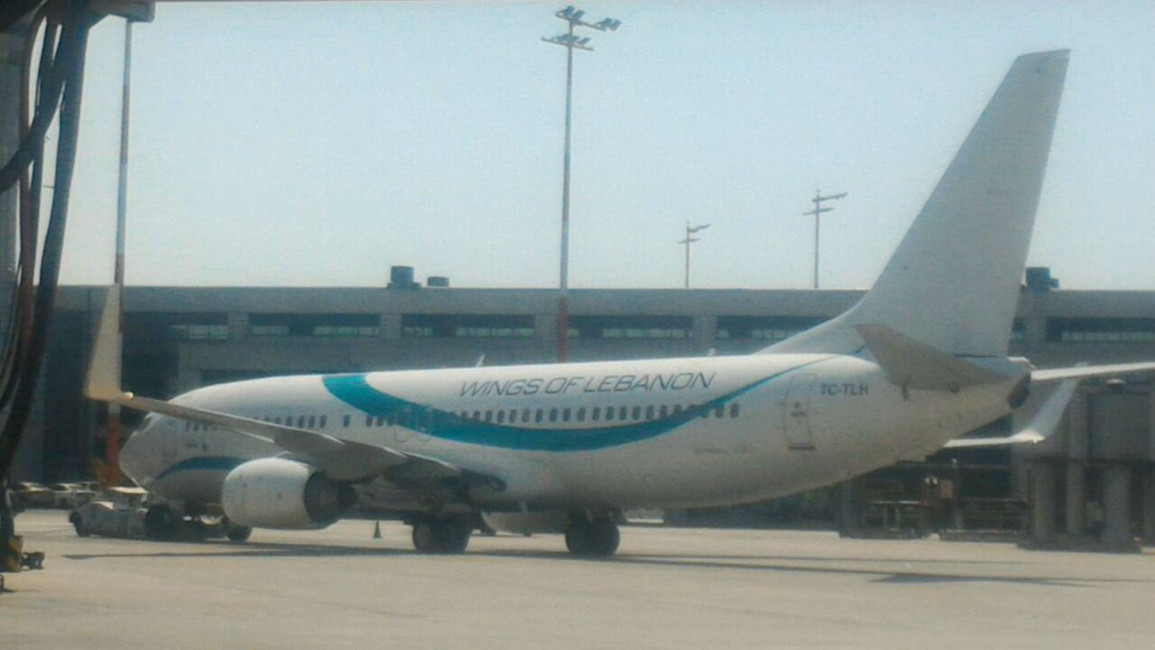'No return' for Lebanese plane that landed in Israel
Public works and transport minister Ghazi Zaeiter's statement came after a Boeing 747 arrived at Tel Aviv airport on Wednesday, emblazoned with a "Wings of Lebanon" logo on the aircraft's white fuselage - the logo of an airline based in Beirut.
The unexpected visitor on the tarmac at Ben Gurion sent onlookers into an immediate flurry of confusion.
"I rubbed my eyes and thought I was dreaming," an airport worker told the Times of Israel. "I couldn't understand what was going on."
Elsewhere, rumors began to circulate about the possible implications of the surprise arrival.
Nonetheless, according to Bloomberg, Zaeiter said that an investigation would take place, while also describing the event as a "crime we totally reject".
Meanwhile, Wings of Lebanon have emphasised knowing the "red line" in dealing with Israel, while implying Tailwind Airlines' responsibility for the breach of procedure.
"This matter constitutes a trespass of the previously agreed procedures between the two companies, Wings of Lebanon said.
"Any collaboration or communication with the Israeli enemy is a red line for Wings of Lebanon and its personnel, as well as for the rest of the Lebanese airline companies".
Although Israel's border with Lebanon has remained relatively calm since the conflict of 2006, which led to the deaths of 1,200 maily Lebanese civilians and 160 Israelis, tensions still remain.
Israel occupied parts of Lebanon for 22 years until 2000, with Lebanon's Shia-dominated militia Hizballah claiming credit for its withdrawal following persistent guerrilla attacks.
This deep-set antagonism has led to a chronic anxiety in the region about violence erupting between the two neighbours.
On Tuesday, the UN Security Council warned that violations of the cessation of hostilities between Lebanon and Israel could lead to a new conflict "that none of the parties or the region can afford."



